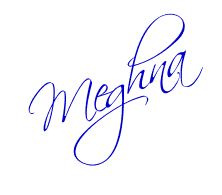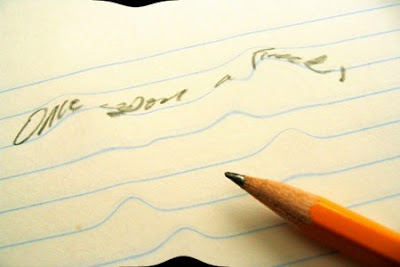
The Wikipedia describes the journal as a daily record of events or business; a private journal is usually referred to as a diary.
Do you all keep a journal? I have been keeping one since I was in grade 6. Often, in the beginning, I thought that it was a sheer waster of time, energy and ink. But then I realized how it wasn’t as I thought.
If you do not maintain a journal, here are ten reasons for you to do so immediately:
1. One does not always have a person in life with whom you can share any or everything. A diary can be the best of your friend and the worst of you critic. You can share anything with it, and express the deepest of your thoughts easily.
2. Anne Frank never imagined that every teenager would someday read her diary and get inspired. Even if yours is not read by others, you might be inspired by it yourself, nonetheless.
3. It is similar to talking to oneself, but talking to yourself in a café can be awkward or embarrassing. But certainly, writing a journal wouldn’t be inappropriate at all. Writing a memoir becomes an output of pure emotion; purer than you can ever imagine.
4. It might unexpectedly act as you inspiration for writing a story, novel or anything else.
5. You can write in second person and advice yourself or motivate yourself, like no one has ever done. You can be the best of your advisor or friend.
6. You can chill out with it too. Your journal can be anything- a friend, a guide, a cuppa coffee for refreshment, a relaxation, a way of refreshing your pent up mind.
7. It is a safe way to keep your secrets :P
8. While reading through yourself, you can analyze yourself and see through your invisibility. Often, one can be surprised at how well he/she writes too.
9. It’s the easiest way to go to bed with a sound mind.
10. You will always have someone in the time of need. I bet you will never feel lonely.
These days, the trend is to keep an online journal. You can keep a blog, which can be kept private or share it with the blogosphere. It is quite the same as a traditional dairy.
And to encourage you even further, there are different simple techniques that can be used.
You can write a dialogue journal which can be written as a letter to yourself when you are down in pits. When you find a solution to your problem, write another letter. This could serve as your own bank of wisdom.
You could write a gratitude journal, where you can make yourself realize that life is not always bad and there are good things that happen to you too. Write them all down in a diary. When you are feeling low, look into these pages and you’ll feel better.
You could even write a goal journal which is especially handy for those who can never stick to their resolutions. Goals are likely to be met if penned down.
Art Journals are for those whose creativity knows no bounds. Not one to use ink?? Use colors and paints and splash it all the way!
So get to work. Choose you journal today and start writing!
















